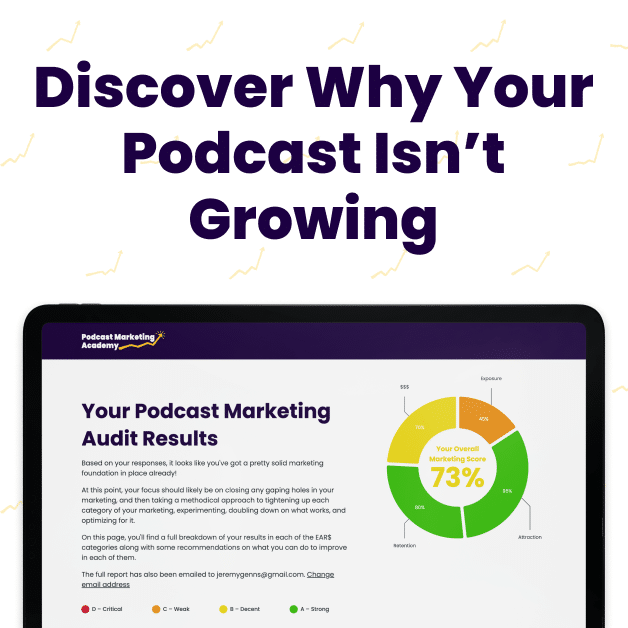Kobe Bryant will forever be regarded as one of basketball’s greatest players.
Much of this can be attributed to his prodigious natural talent. But behind that talent, was one of the hardest-working players the game had ever seen.
During the offseason, he followed his 666 training program religiously, training for 6 hours a day, 6 days a week for 6 months straight.
Each day’s workout consisted of 3 parts:
- 2 hours of running (endurance & conditioning)
- 2 hours of basketball skills (core/technical skills)
- 2 hours of weight lifting (strength)
The result of this training regimen paired with his natural talent was one of the greatest basketball careers of all time, with 5 NBA championships, 18 All-Star appearances, and numerous records.
When it comes to the world of pro sports, we’ve all heard stories about athletes that go to incredible lengths in order to gain the slightest edge over the competition.
Rather than simply playing a bunch of practice games, pro athletes know that the most effective form of training is to separately hone and perfect the individual component parts that add up to peak performance during a game.
This is why, for example, Kobe took 700-1000 practice shots every single day from a series of specific locations on the practice court.
The same form of practice is also the norm in the arts.
Rather than simply practicing songs from start to finish, musicians spend countless hours perfecting each of the individual passages before finally piecing them together. This is in addition to the time spent learning and practicing scales, chord progressions, and theory.
Elite performers in any field know that the way to perform best when the stakes are high is to hone the component parts of the performance religiously when the stakes are low.
And yet, how many of us as podcasters bring this level of practice to our craft?
How many of us bring any practice to our craft?
The competition to break through the noise and build an audience might not be as fierce as making the NBA or signing a major label record deal, but the competition is certainly there.
And it’s growing every day.
Only 1% of podcasts get more than 3,000 downloads within the first week of releasing a new episode.
Having worked with many podcasters who occupy that top 1%, I can tell you that they didn’t get there by accident.
Is it any wonder that so many top-ranked podcasts are hosted by people with a background in writing, journalism, media, and marketing?
It’s not.
And it’s not because of their existing followings or connections. It’s because they’ve put in the time to develop and hone their skills.
Top podcasters understand the component parts that make up an engaging show and they work at them. Not simply by recording more episodes, but by improving each trait individually and specifically.
These skills include:
- Storytelling
- Copywriting
- Interviewing
- Vocal delivery
- Editing (both content and technical)
All of these skills and more are necessary in order to succeed as a podcast creator.
And yet, we often settle for running through the motions, recording new episodes hoping that we’ll magically improve without any time spent on dedicated practice.
Over time, we might. But the process will be nowhere near as fast or effective as focusing on methodically working to improve each skill individually.
Pick one skill you’d like to improve and set a goal to work on improving that skill specifically over the next month.
If you want to become a better storyteller, for example, read a couple articles about becoming a better storyteller. Then, experiment with what you’re learning in your interviews.
Focus on a different skill each month for the next 12 months and I guarantee your show will be drastically better a year from now than it is today.
Most podcasters don’t have the discipline to train this way.
Which means the bar is low if you’re willing to do the work.





